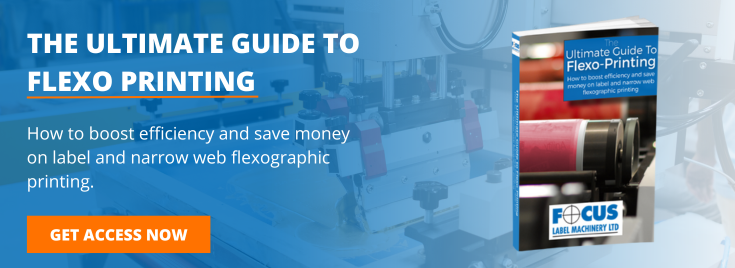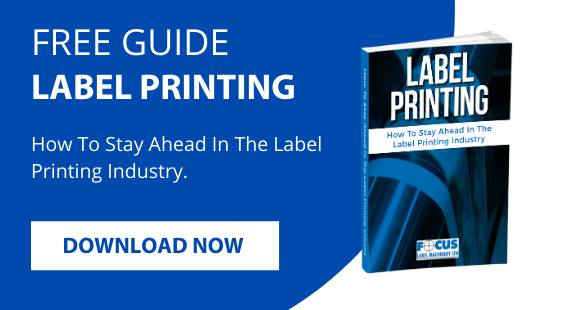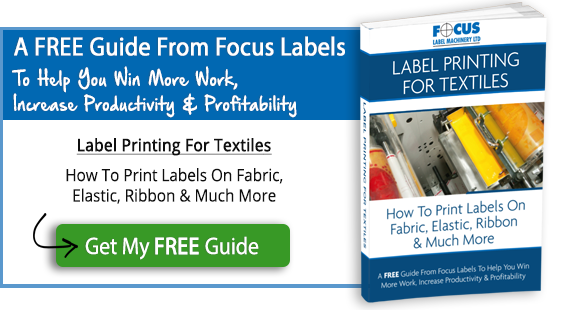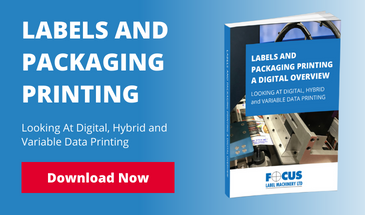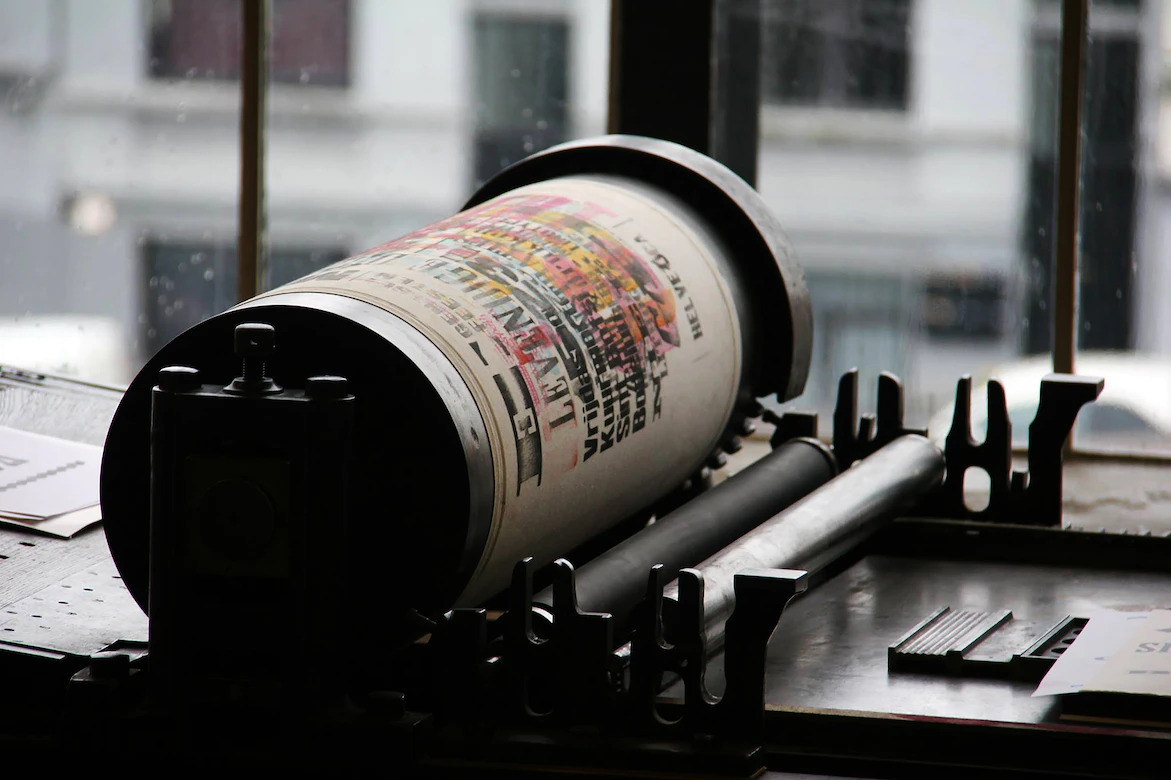
For many years, solvent inks were the go-to choice for many printing and packaging applications, but soaring demand for sustainable printing, coupled with legislation on Volatile Organic Compound (VOC) emissions, fire hazards, and energy consumption, means businesses had to seek alternative products that offer environmental and economic benefits.
Inks contain a few different components: pigments (provides the colour), additives (that improve performance, drying time, resistance to smudging, etc), and carriers (the vehicle that transfers the ink onto the substrate that then dries off, leaving only the pigment and additive behind). Carriers account for 70-80% of volume. Pigments account for 10-20%, and additives account for 5-15%.
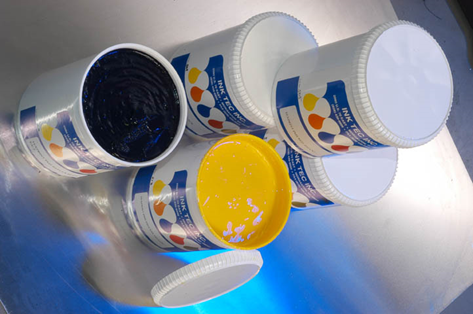
Sustainable printing is essential to safeguard the environment by minimising waste, reducing carbon emissions, and conserving resources. By adopting eco-friendly practices, businesses can reinforce their reputation and play a part in carving out a more sustainable future for the printing industry and the planet.
In this article, we’ll explore some environmentally friendly ink alternatives that have gained traction in the printing industry.
What sustainable inks for printing should you choose?
Embracing eco-friendly printer inks not only benefits the environment but also promises economic advantages by attracting environmentally conscious clients and reducing the costs that are associated with regulatory compliance.
1. Soy ink
Soy-based ink is a widely used ink made from soybeans. Developed during the oil crisis in the 1970s as an alternative to petroleum-based products, soy ink offers several important benefits for the environment. Primarily, it has low VOC emissions, thereby reducing the release of harmful chemicals into the atmosphere and, when used to print cardboard packaging, it is easy to recycle. Soy-based inks have been adopted widely in the printing industry, demonstrating its suitability as a sustainable and biodegradable printer ink. Ink needs to contain no less than 10% Soy oil to qualify as Soy based.
2. Algae-based ink
Algae-based ink is another biodegradable ink that utilises algae cells for pigments. Mostly used in Black printed applications, it replaces carbon black Inks. Safe and clean to use in the printing process, algae-based ink is highly compatible with the recycling and composting processes, allowing for easier disposal and a reduced environmental impact. Algae-based ink presents a reliable solution for printers seeking cost-effective ways to reduce their ecological footprint.
3. Water-based ink
Water-based inks are an excellent choice for environmentally conscious printers. By eliminating petroleum-based solvents and chemicals, water-based inks significantly reduce VOC emissions which contribute to air pollution and inflict adverse effects on human health and the environment. Also, water-based inks require less energy when drying, so printing businesses will save money through lower energy bills. These inks offer a greener alternative without compromising on print quality or performance.
4. UV-curable ink
UV-curable inks utilise ultraviolet light to create a network of polymers that quickly convert into or dry as solvent and VOC-free ink. UV curing technology has advanced significantly in recent years, with the latest LED UV lamps offering greater energy efficiency. By choosing UV-curable inks, printers can achieve vibrant colours and fast curing times while minimising their environmental impact.
Choosing inks depends on a number of factors:
First is the printing method, of which the most common are flexographic, offset, offset lithographic, digital toner, digital inkjet, screen printing.
The second is the printing substrate, which varies wildly. Uncoated paper and corrugate, coated paper and corrugate (which also ranges from clay-coated to plastic coated), plastic, glass, aluminium, cotton, wood, textiles, silk....
Thirdly is the application or product intended market where performance may need to be considered, durability, resistance to fading, washing…
It is a valuable marketing tool for companies to understand printing methods and the types of inks used within each printing methodology. Many thoughtful clients will ask, “are sustainable inks used”? We believe a more holistic and helpful question is, “can you tell me what printing methodology and printing inks will be used for my order?”
Contact Focus Label for professional ink advice
If you’re unsure which inks you should be using or wish to improve your printing business’s environmental credentials, we can help. Simply call Focus Label on 01949 836223 or send us an enquiry and one of our experts will be pleased to assist you.


